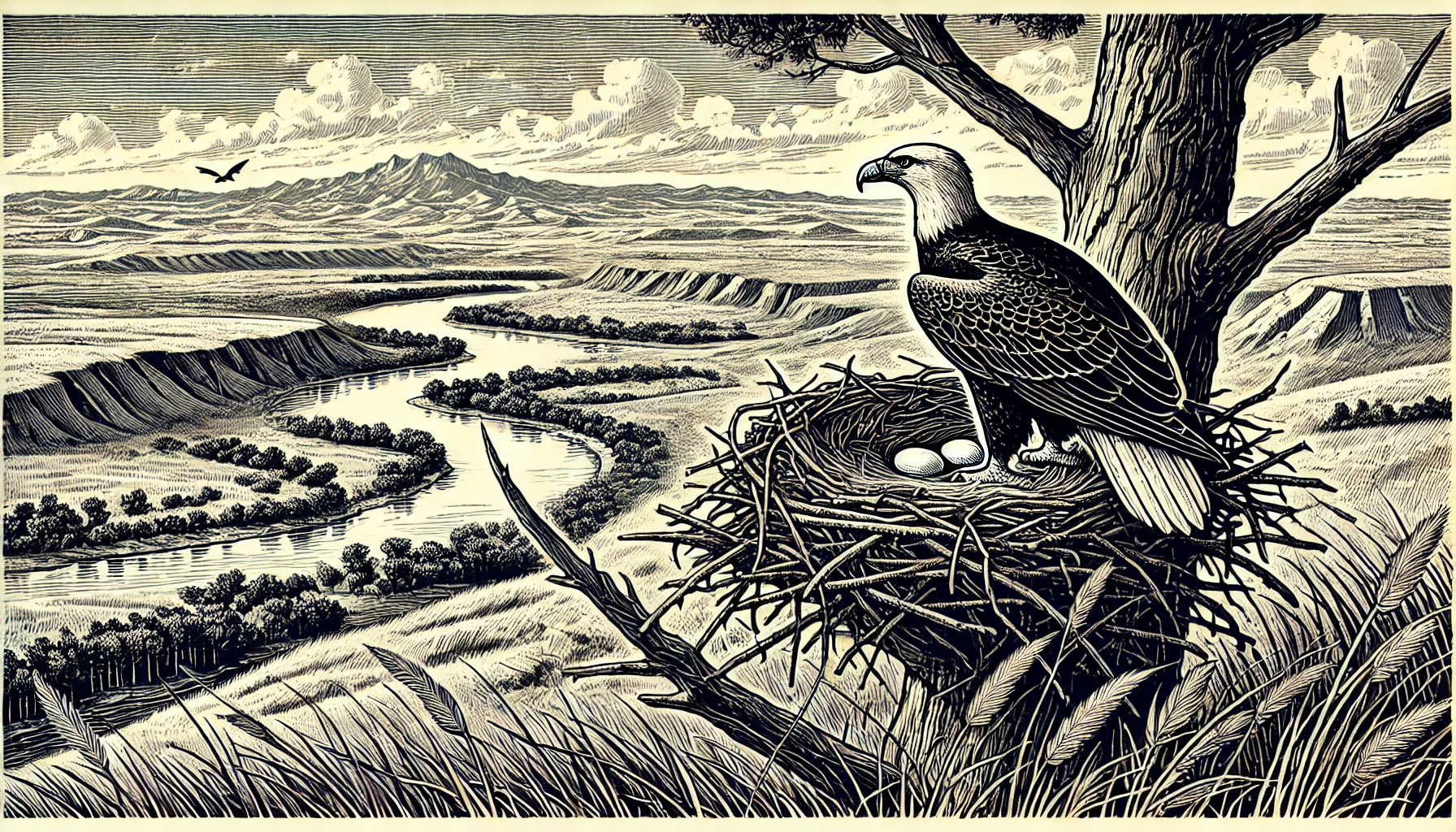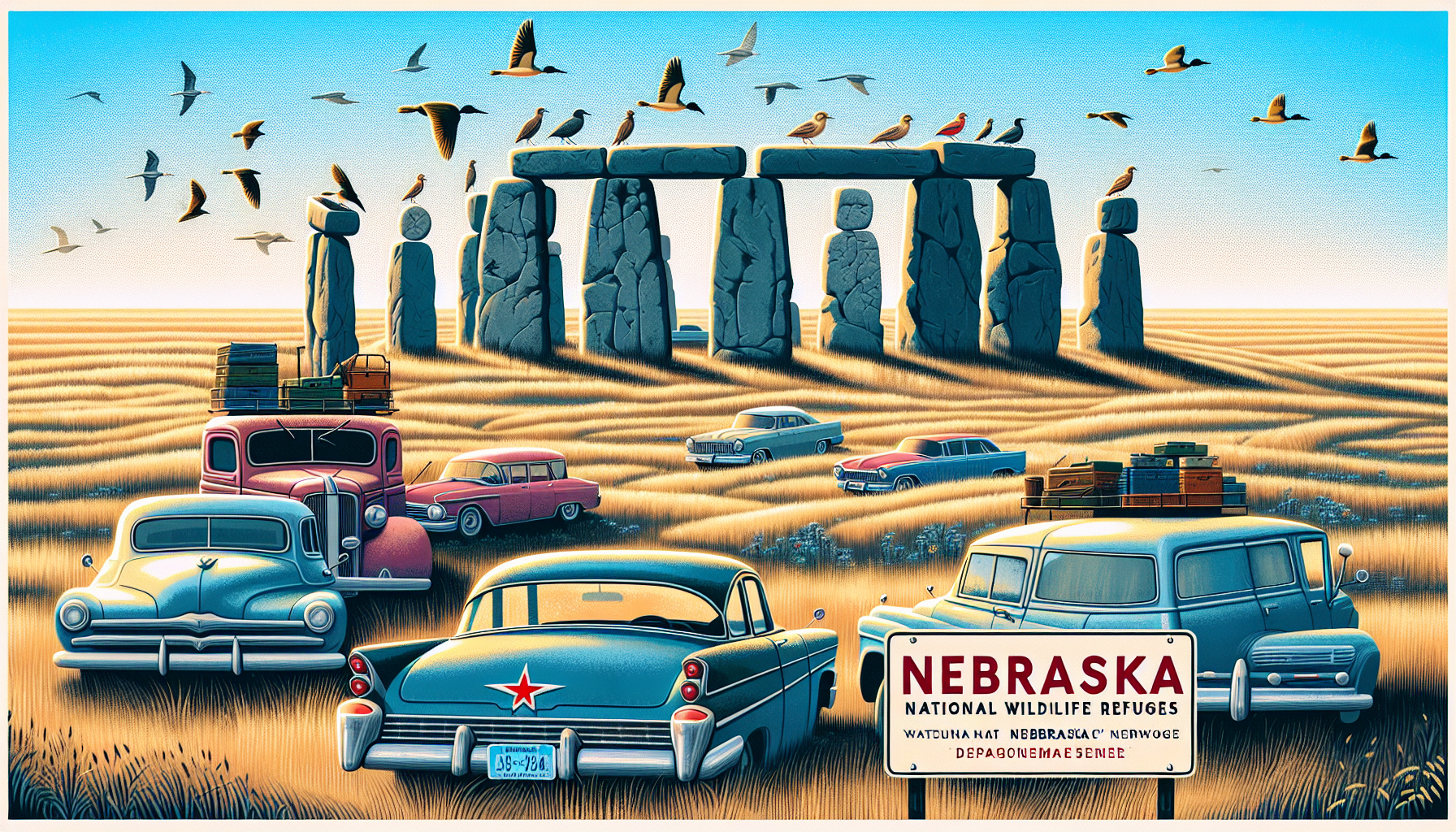Traveling Through Iowa's Food Scene via Tours

Traveling through Nebraska often requires a detour into Iowa, a state renowned for its agricultural bounty. One way to experience Iowa's food culture is through food tours, events designed to showcase local cuisine. These tours can range from guided visits to farmers' markets and food producers, to walking tours of neighborhoods and towns with notable food scenes. In this article, we will delve into the concept of Iowa food tours and explore specific examples.
Iowa's food scene is shaped by its history of agricultural production, including the cultivation of corn, soybeans, and other staple crops. This production has evolved into a thriving food culture, with local producers and chefs specializing in organic produce, artisan cheeses, and heritage meats. Food tours often center around these products and the surrounding culture.
Des Moines, the state capital, offers various food tours that allow participants to experience the city's culinary landscape. One notable example is the Downtown Des Moines Food Tour, a guided walking tour that highlights the city's restaurants, cafes, and producers. The East Village neighborhood is particularly rich in food culture, home to both artisanal food producers and high-end restaurants. One prominent stop on the tour is Alba, a locavore eatery serving Midwestern-inspired cuisine made with Iowa-sourced ingredients.
Iowa also boasts smaller food-producing towns, such as Amana, located near the western axis of Interstate 80. Amana's colonial past has preserved German culinary traditions, evident in its shops, bakeries, and taverns. The Amana Colonies have its own food tour offering one-of-a-kind German delicacies with unique ingredients in the USA, which celebrates Iowa's rich harvest, emphasizing the vibrant cultural significance to both new migrant entrepreneurs and ancestral communities operating within the surrounding region.
Similar towns, with charming gastronomic scenes can further emphasize the differentiating aspects of dining. Although offering various other tour-based visitation options exist because these food excursions offer the most fundamental insights not to taste, however learn why they taste so differently then restaurants back east.
As such, food tours embody a deeper model for local exploration, gaining added values allowing these local farmers that aid new tour based business developments.
The very character surrounding small-town dining options that ultimately shaped, as opposed to competing international culinary tour offerings.
A similar local economic shift like has also shaped nearby neighboring cities.
Additionally worth review are the multiple museum collaborations who also offer such similar touring features, albeit, the learning aspects focused on different topic aspects when compared between each specific local area.
Iowa's food scene is shaped by its history of agricultural production, including the cultivation of corn, soybeans, and other staple crops. This production has evolved into a thriving food culture, with local producers and chefs specializing in organic produce, artisan cheeses, and heritage meats. Food tours often center around these products and the surrounding culture.
Des Moines, the state capital, offers various food tours that allow participants to experience the city's culinary landscape. One notable example is the Downtown Des Moines Food Tour, a guided walking tour that highlights the city's restaurants, cafes, and producers. The East Village neighborhood is particularly rich in food culture, home to both artisanal food producers and high-end restaurants. One prominent stop on the tour is Alba, a locavore eatery serving Midwestern-inspired cuisine made with Iowa-sourced ingredients.
Iowa also boasts smaller food-producing towns, such as Amana, located near the western axis of Interstate 80. Amana's colonial past has preserved German culinary traditions, evident in its shops, bakeries, and taverns. The Amana Colonies have its own food tour offering one-of-a-kind German delicacies with unique ingredients in the USA, which celebrates Iowa's rich harvest, emphasizing the vibrant cultural significance to both new migrant entrepreneurs and ancestral communities operating within the surrounding region.
Similar towns, with charming gastronomic scenes can further emphasize the differentiating aspects of dining. Although offering various other tour-based visitation options exist because these food excursions offer the most fundamental insights not to taste, however learn why they taste so differently then restaurants back east.
As such, food tours embody a deeper model for local exploration, gaining added values allowing these local farmers that aid new tour based business developments.
The very character surrounding small-town dining options that ultimately shaped, as opposed to competing international culinary tour offerings.
A similar local economic shift like has also shaped nearby neighboring cities.
Additionally worth review are the multiple museum collaborations who also offer such similar touring features, albeit, the learning aspects focused on different topic aspects when compared between each specific local area.
